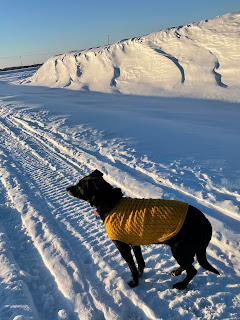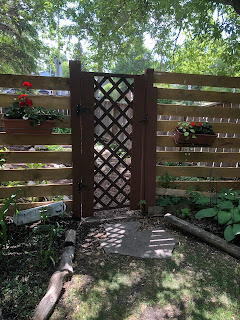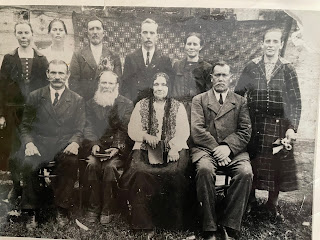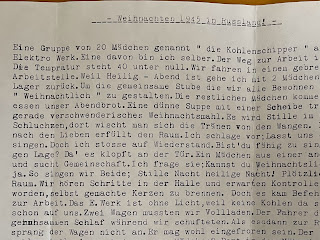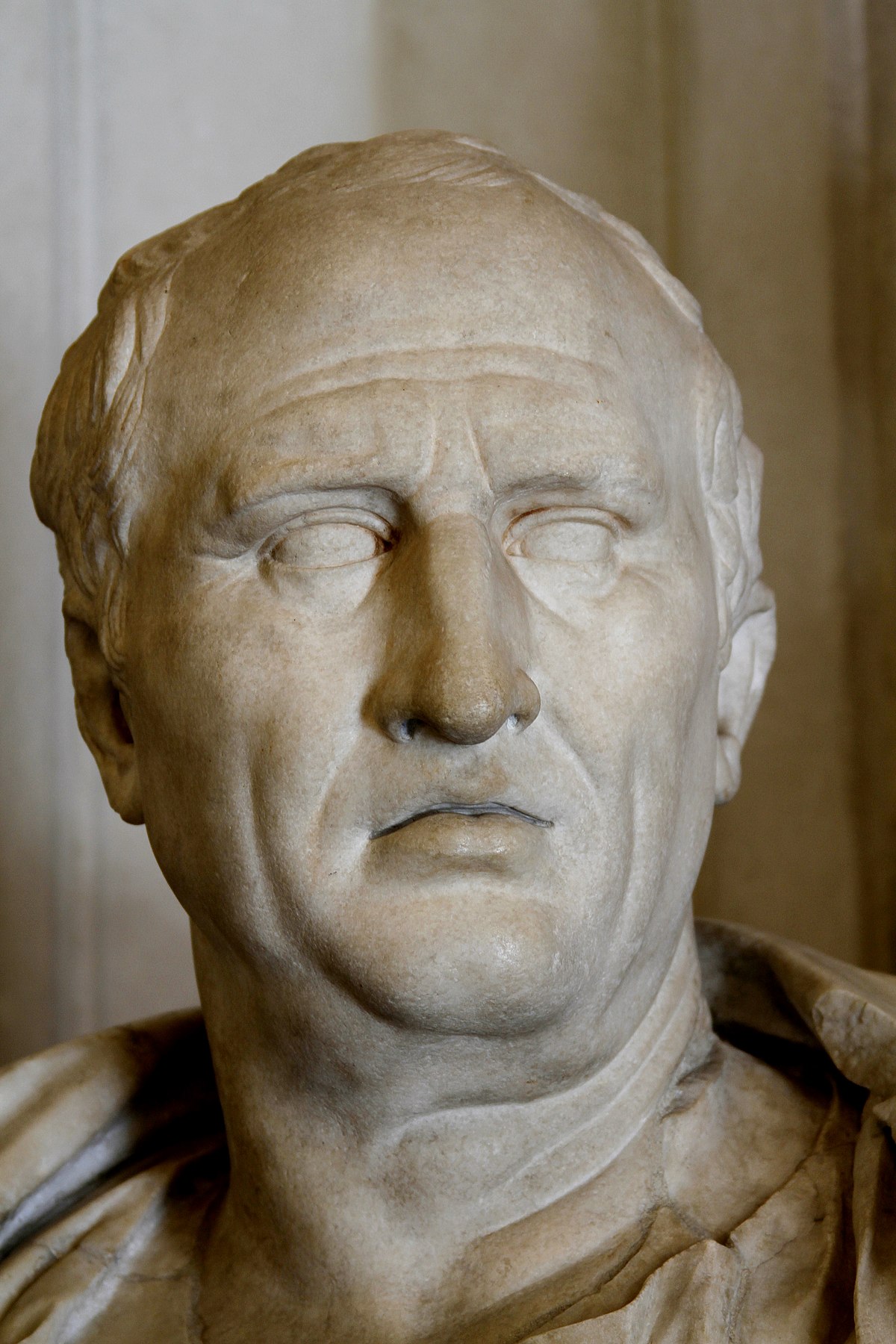Recently, here in Manitoba near the American border, four members of a family were found frozen to death. Only those who’ve been lost in a snow storm can imagine what that must have been like. I’ve been lost and I’ve been in snow storms, but I’ve never been both lost and in a snow storm at the same time. Temperatures were close to minus thirty. Brutal.
My dog hates the cold, especially when it’s windy. We often head out to an unpopulated area in the open prairie where I can let him off leash. If it’s windy, we get the full brunt of the wind, more often than not, from the northwest. During the extreme cold, he quickly does his business and just as quickly heads back to the vehicle. However, after putting on all our gear, I’m not in quite the same hurry to give in so soon. Then he runs around in wild circles, only to stop in front of me as if to stop me in my tracks. I finally give in. Getting too cold is painful, even for dogs. It starts in the extremities, stinging like a thousand needles. (Letter carrier experience.)
I’ve been thinking of those four immigrants, struggling against the wind and snow, lost and alone. . . freezing to death in the very land that was supposed to give them refuge. How long had they saved, planned and dreamt of this new life? What kind of future did they envision over here?
I’ve never considered immigrating to a new country and have never illegally crossed an international border. I was raised believing that my parents had taken those risks for me and that by giving me a Canadian birthplace they were giving me a promising inheritance.
 |
| https://upload.wikimedia.org/wikipedia/commons/a/a8/Deutschland_ Besatzungszonen_8_Jun_1947_-_22_Apr_1949.svg |
My mother made an illegal crossing from the Soviet to the British zone after her release from Soviet captivity. It took her two tries. The first time, fear of dogs crippled her. Five years later, she crossed another international border, this time with all the proper documents in hand. True, after enduring their first Winnipeg winter one has to wonder what possessed them to stay. “Just like Siberia,” my mom often quipped about our winter weather. As a gulag survivor, her words carried weight.
I do volunteer work with immigrants and am always eager to find out what motivates them to give up everything they know and move to Canada. For a Ukrainian woman, it’s to avoid a corrupt homeland. For a Chinese woman, it’s to get away from the stress of intense competition. For a South Korean woman, it’s for the time to enjoy non-work interests.
My parents immigrated to Canada for a new beginning. My mother was less than an immigrant, only a homeless refugee. Neither parent had any English skills . . . both had only an intense appreciation of opportunity and an enthusiasm to build and move on. What were the ambitions of this young family, frozen in a farmer’s field near the international border?

